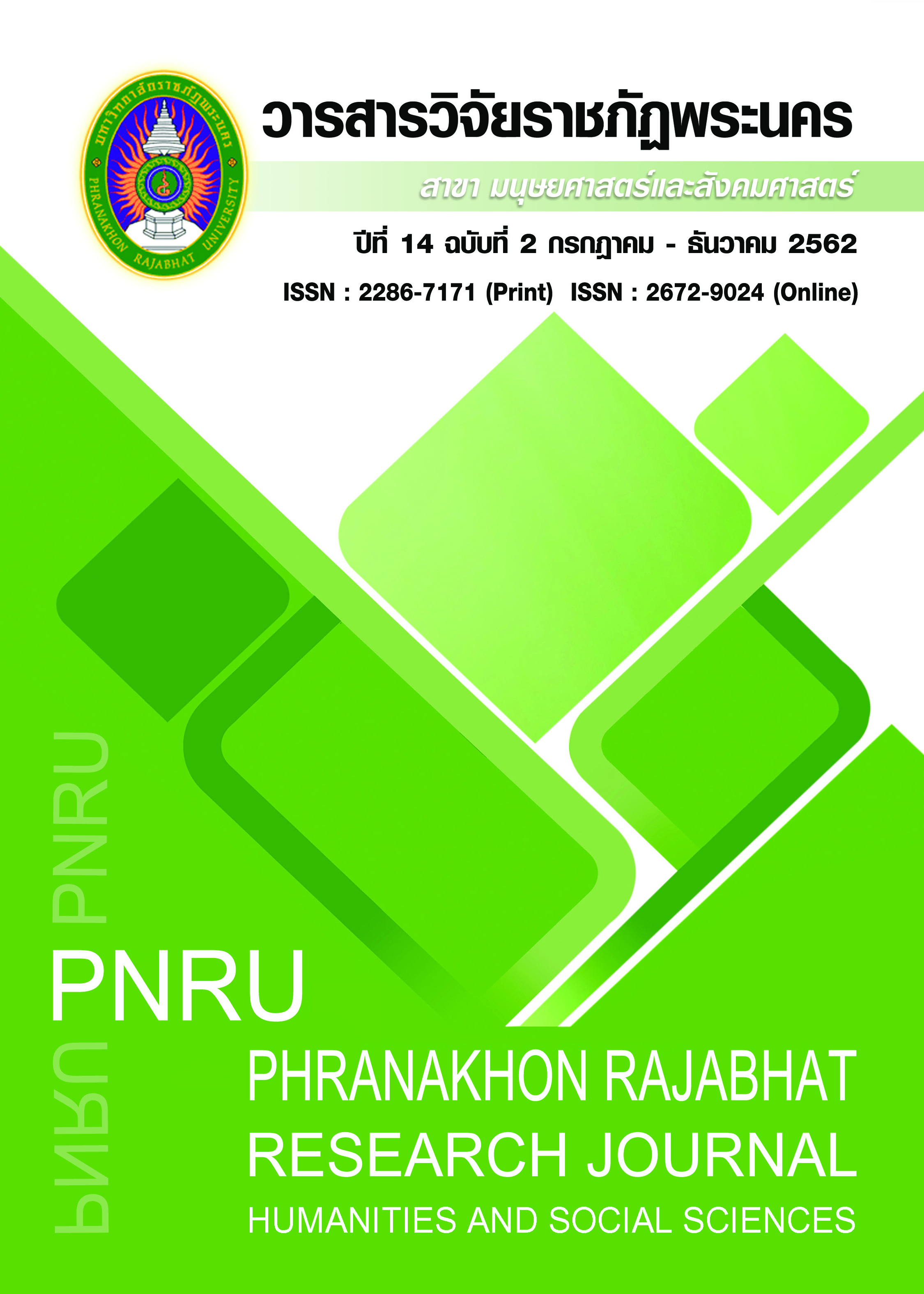TRANSFORMATIONAL LEADERSHIP AND FINANCIAL CONTROL STRATEGIES OF GRADE LEVEL LEADERS: THE EXPERIENCE OF AN ELEMENTARY SCHOOL
Main Article Content
Abstract
Two of the most powerful tools in managing a school to achieve its mission and vision are transformational leadership and financial control strategies. This descriptive study aimed to determine the level of transformational leadership and identify the financial control strategies of grade level leaders of a public elementary school in a province in the Philippines. The proponents of the study utilized the purposive sampling technique and the descriptive survey method was conducted with the use of guided survey questionnaires for the in-depth understanding and interpretation of the data. The study showed the measure of transformational leadership skills of grade level leaders which revealed the strengths and weaknesses of the leaders. When assessing the six leadership skills and characteristics, the highest is social skill and the lowest is charisma. Moreover, among three financial control skills and characteristics that have been identified, the skills for budgeting got the highest percentage which is evidently seen in the grade level leaders, followed by skills for financial report, and the lowest among the three was skills for auditing. Based from the overall results of the study, transformational leadership and financial skills and characteristics of the leaders of the school did not meet more than half of the standard percentage. It serves as a reminder that there is a need for all the grade level leaders to have mentoring, coaching, and seminars and workshop for them to be able to build up, enhance and develop their skills and abilities.
Article Details
Each publish articles were copyright by Phranakorn Rajabhat University
Any contents which appeared in each articles in the journal were authors personal opinion. It did not relate to Phranakorn Rajabhat University and other instructors in the university. Each authors would take responsibility on their articles. If there are any mistake, the authors will take responsibility themselves
References
Burns, N. & Grove, S.K. (2003). The Practice of nursing research: conduct, critique and utilization. Toronto: WB Saunders.
Creswell, J. W. (2009). Research design: qualitative, quantitative, and mixed methods approaches. 3rd edition. Los Angeles, CA: Sage.
Duke, D. L. (2010). The challenges of school district leadership. NY: Routledge.
Johannsen, M. (2014). Types of leadership styles: an essential guide. Retrieved December 18, 2018, from https://www.legacee.com/types-of-leadership-styles/
Jullien, F. (2011) The silent transformations. Chicago: Seagull Press.
Fazli Sabri, M., & Tze Juen, T. (2014). The influence of financial literacy, saving behavior, and financial management on retirement confidence among women working in the Malaysian public sector. Asian Social Science. 10(14), 40–51. doi: 10.5539/ass. v10n14p40
Grant, M. R. (2014). Contemporary strategic management. 6th edition. Wiley, West Sussex.
Glesne, C. (1999). Becoming qualitative researchers: An introduction. 2nd edition. NY: Longman.
Holloway, I & Wheeler, S. (2002). Qualitative research in nursing. 2nd edition. Oxford: Blackwell Publishing.
Shields C. M. (2011). Transformative leadership: a reader. NY: Peter Lang.
Tucker P. D., Young M. D., Koschoreck J. W. (2012). Leading research-based change in educational leadership preparation: An introduction. Journal of Research on Leadership Education. 7, 155-171.
Zaimah, R., et al. (2012). Financial behaviors of female teachers in Malaysia. Asian Social Science. 9(8), 34–41. doi: 10.5539/ass.v9n8p34


